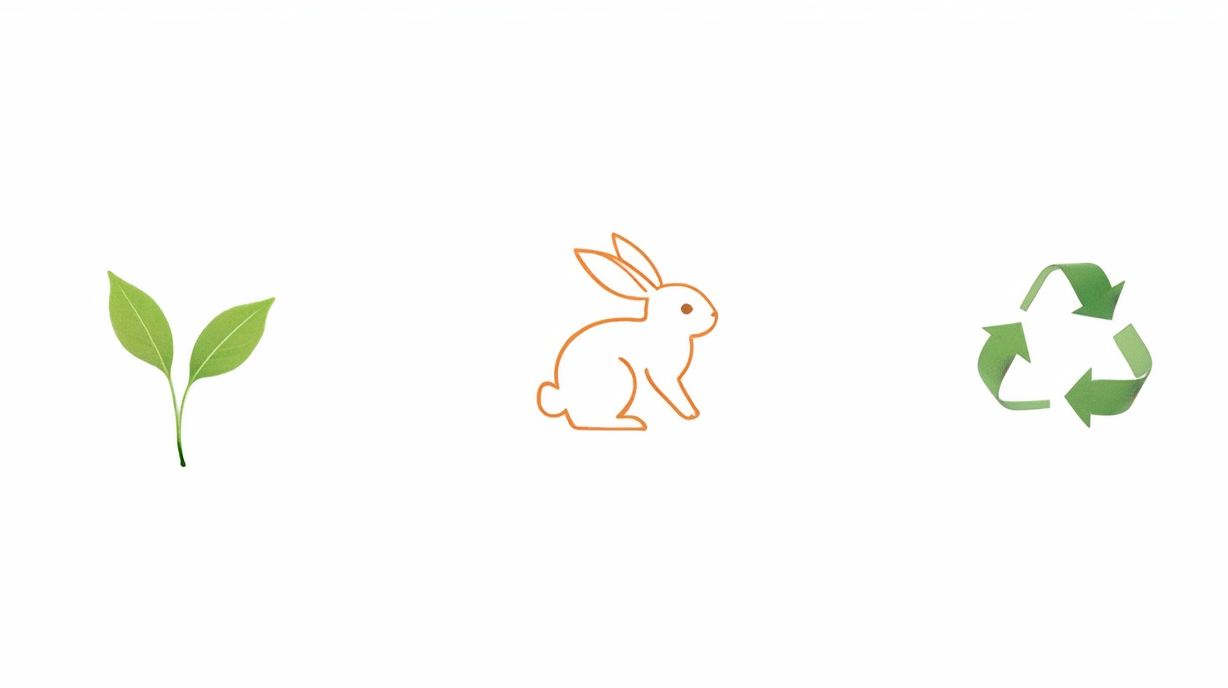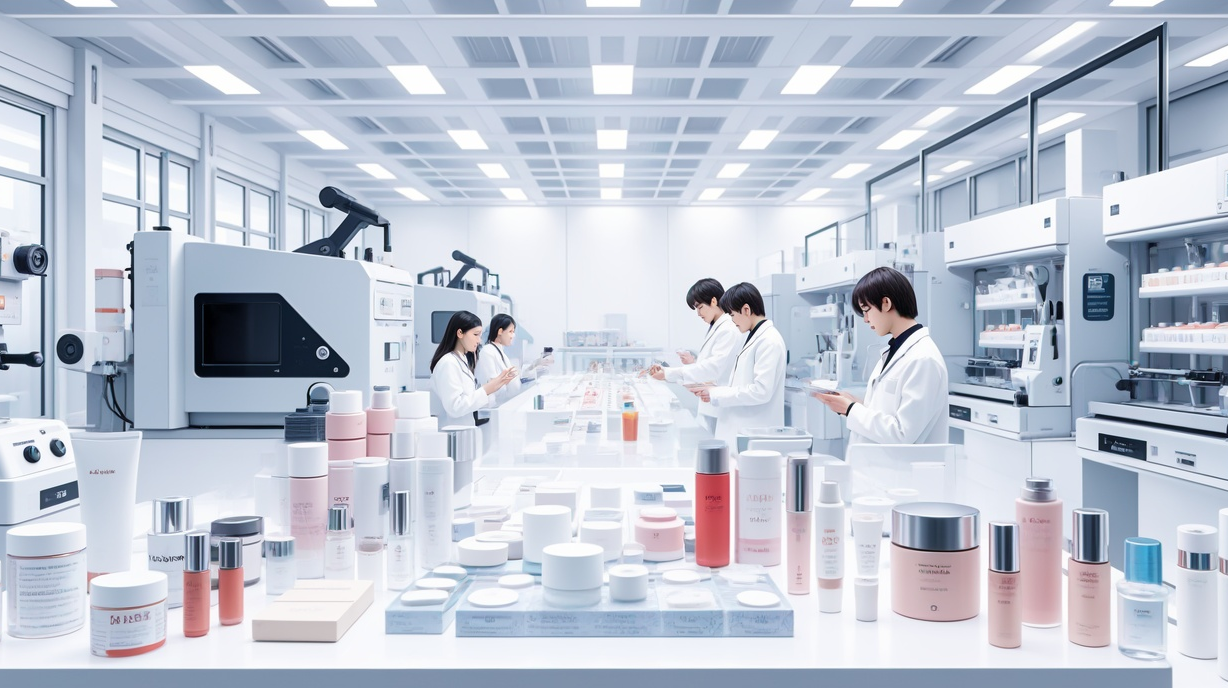The beauty industry is a dynamic and ever-evolving landscape, where innovation and creativity reign supreme. One of the most exciting developments in recent years is the rise of private label makeup. This business model offers a unique opportunity for brands to create customized cosmetics that align with their vision and resonate with consumers. In this article, we'll explore the ins and outs of private label makeup, focusing on customization, branding, and the benefits it brings to the beauty industry.
What is Private Label Makeup?
Private label makeup refers to cosmetics that are manufactured by one company but branded and sold under another company's name. Unlike white labeling, where generic products are sold under different brand names, private labeling allows for greater customization and creative expression. Brands can work closely with manufacturers to develop unique formulas, design bespoke packaging, and create a brand image that stands out in the crowded beauty market.
The Benefits of Private Label Makeup
1. Customization and Unique Formulas
One of the most significant advantages of private label makeup is the ability to customize products. Brands can choose from a wide range of shades, textures, and ingredients to create unique formulas that cater to their target audience. This level of customization allows brands to differentiate themselves and offer products that align with their brand identity.
2. Cost-Effective Solutions
Private label makeup is often more cost-effective than developing products from scratch. Manufacturers offer competitive pricing, making it accessible for startups and smaller brands with limited resources. This affordability allows brands to allocate more budget towards marketing and branding efforts, enhancing their overall brand image.
3. Low Minimum Order Quantities (MOQ)
For new or small brands, low MOQ is a game-changer. It allows them to test the market with minimal financial risk. By starting with smaller quantities, brands can gauge consumer interest and adapt their offerings accordingly, showcasing adaptability in the ever-changing beauty industry.
4. Speed to Market
In the fast-paced beauty industry, timing is everything. Private label manufacturers streamline the production process, enabling brands to bring products to market quickly. This agility allows brands to capitalize on trends and meet consumer demands promptly.
5. Building Brand Loyalty
By offering unique, high-quality products, brands can foster consumer trust and build brand loyalty. When customers associate a brand with exceptional products, they are more likely to become repeat buyers and advocates for the brand.
Customization: The Heart of Private Label Success
Customization is at the core of private label makeup. It involves more than just selecting colors and packaging; it's about creating a holistic brand experience. Here are key areas where customization plays a crucial role:
Packaging Design
Packaging is the first touchpoint between a brand and its customers. Eye-catching, innovative packaging can make a product stand out on the shelves. Brands can work with manufacturers to design packaging that reflects their brand's personality and resonates with their target audience.
Brand Image and Identity
A strong brand image is essential for success in the beauty industry. Private label makeup allows brands to craft a unique identity through cohesive branding elements, such as logos, color schemes, and messaging. This consistency helps build brand recognition and trust among consumers.
Innovation and Adaptability
The beauty industry thrives on innovation. Private label manufacturers often have access to cutting-edge research and development, enabling brands to offer innovative products. Additionally, the flexibility of private labeling allows brands to adapt quickly to market trends and consumer preferences.
Navigating the Challenges of Private Label Makeup
While private label makeup offers numerous benefits, it's essential to navigate potential challenges effectively:
Quality Assurance
Ensuring product quality is paramount. Brands should partner with reputable manufacturers who adhere to stringent quality control measures and comply with regulatory standards. Certifications such as FDA approval and GMP compliance are indicators of a manufacturer's commitment to quality.
Intellectual Property Risks
Brands must be vigilant about protecting their intellectual property. This includes ensuring that product formulations, designs, and branding are unique and not infringing on existing trademarks.
Effective Communication
A successful partnership with a private label manufacturer relies on clear communication and collaboration. Brands should establish open channels of communication to address any concerns and ensure that their vision is accurately translated into the final product.
Embrace the Potential of Private Label Makeup
Private label makeup presents an exciting opportunity for brands to express their creativity and connect with consumers on a deeper level. By leveraging customization, cost-effective solutions, and strategic branding, brands can carve out a niche in the competitive beauty industry. As you embark on your private label journey, remember to prioritize quality, innovation, and consumer trust. With the right approach, private label makeup can be a powerful tool for building a successful and beloved beauty brand.
Are you ready to explore the world of private label makeup and create a standout brand? Start by researching potential manufacturers, understanding your target market, and defining your brand identity. With careful planning and execution, your private label makeup line can thrive in the ever-evolving beauty landscape.



